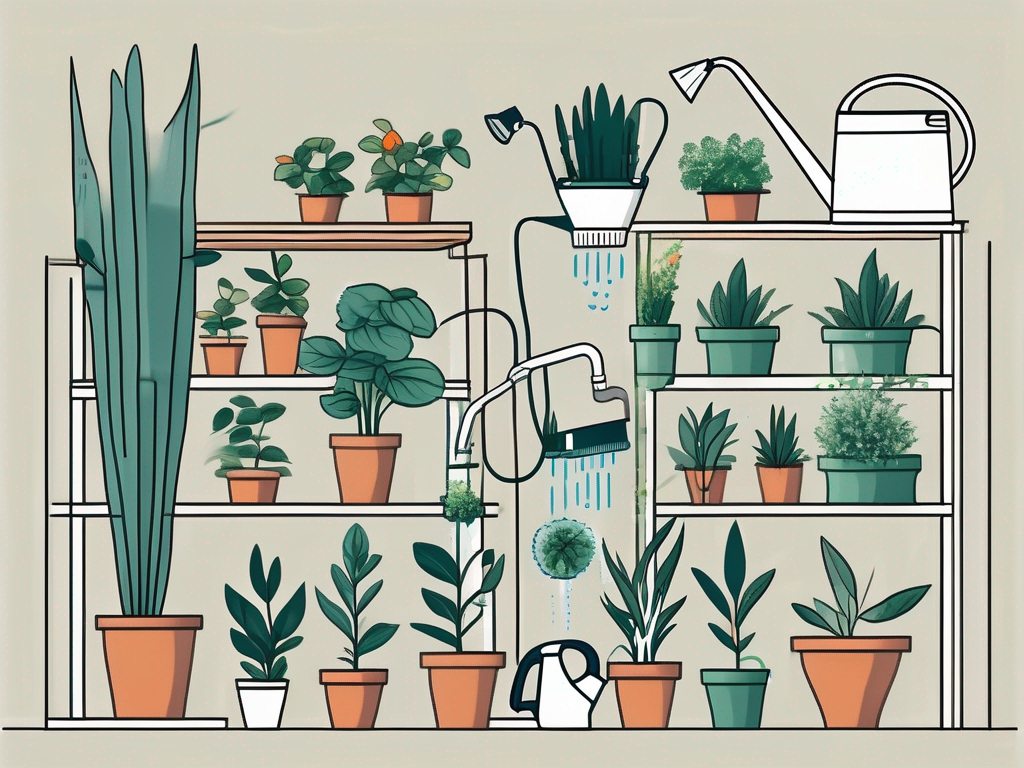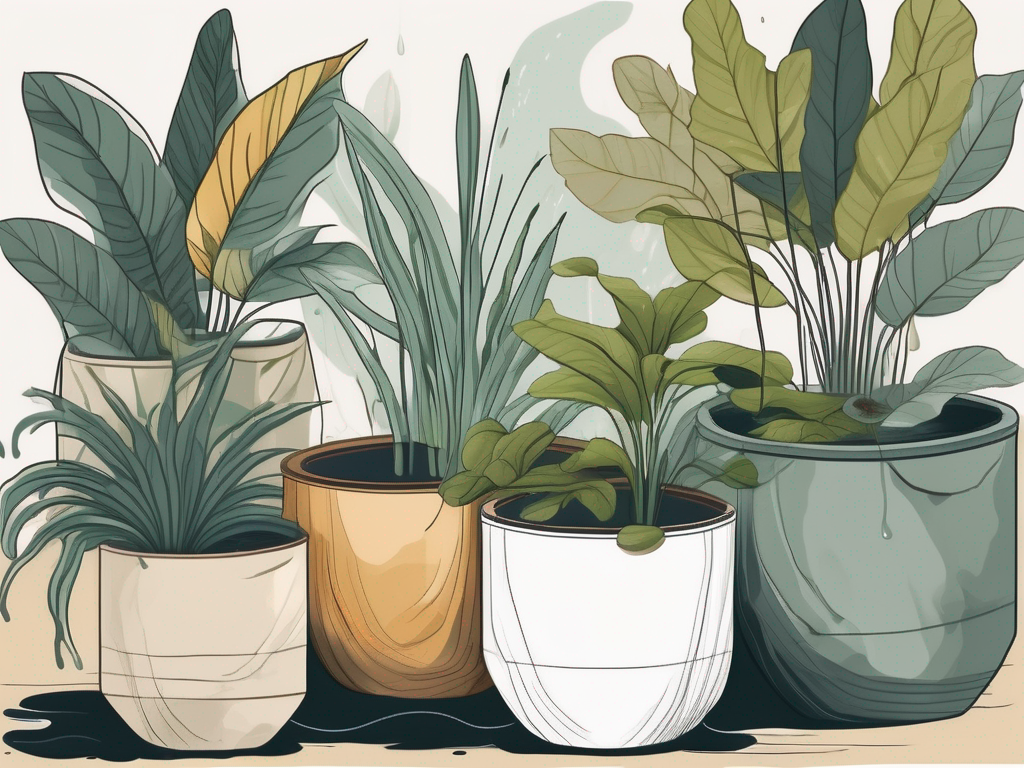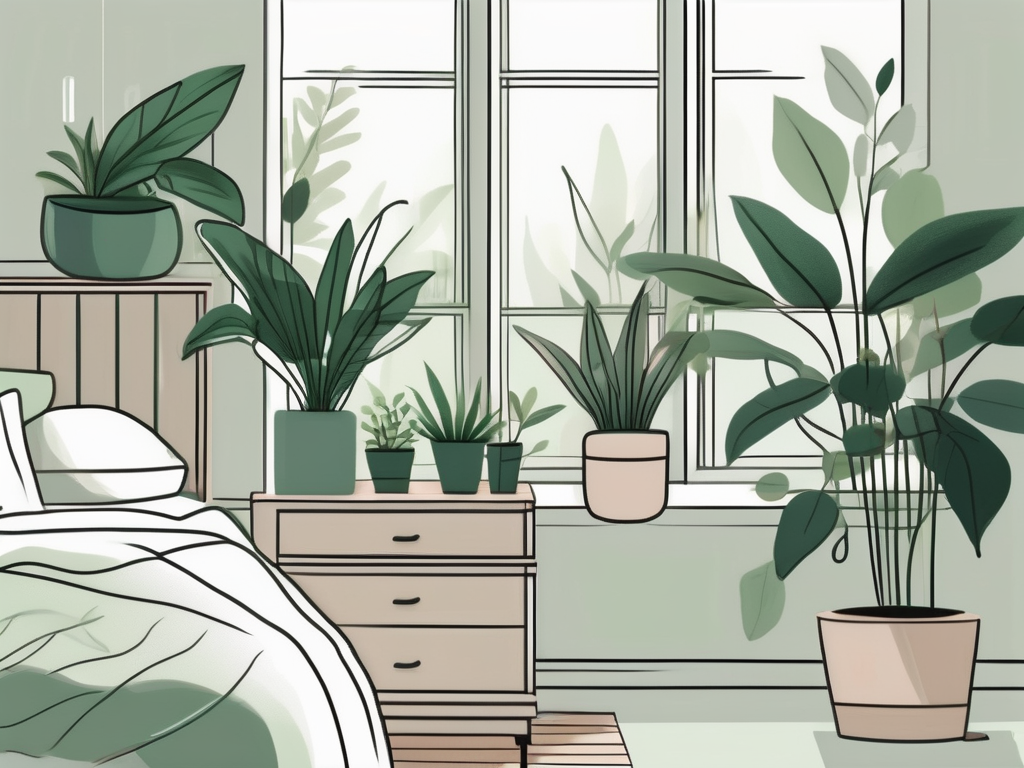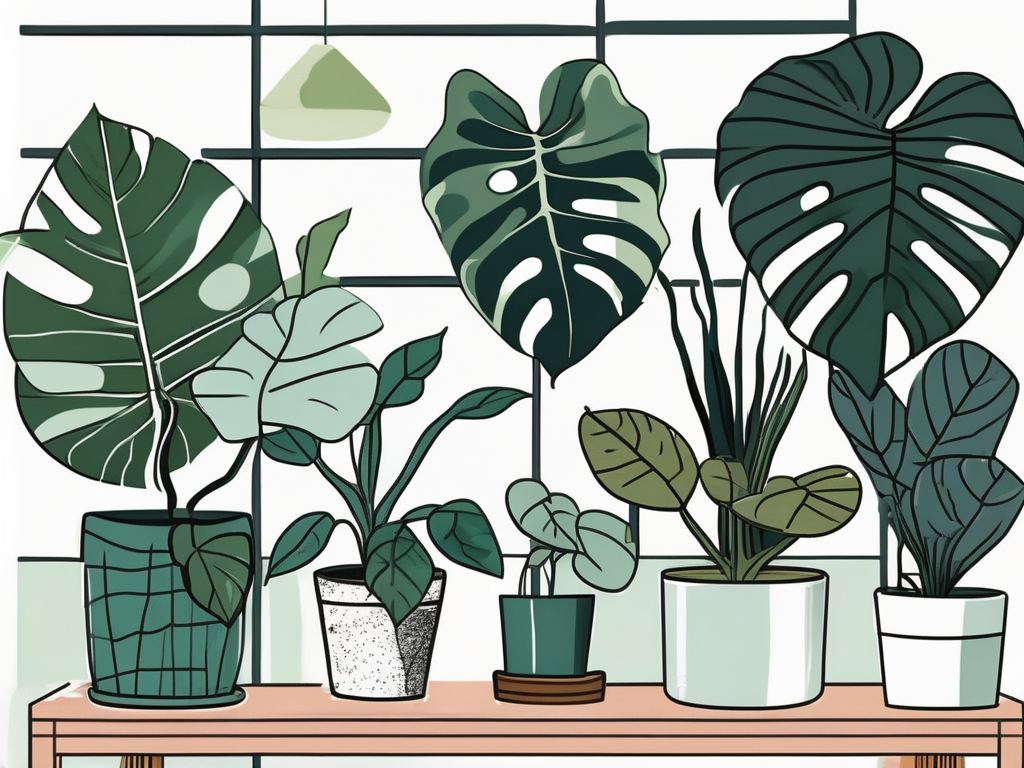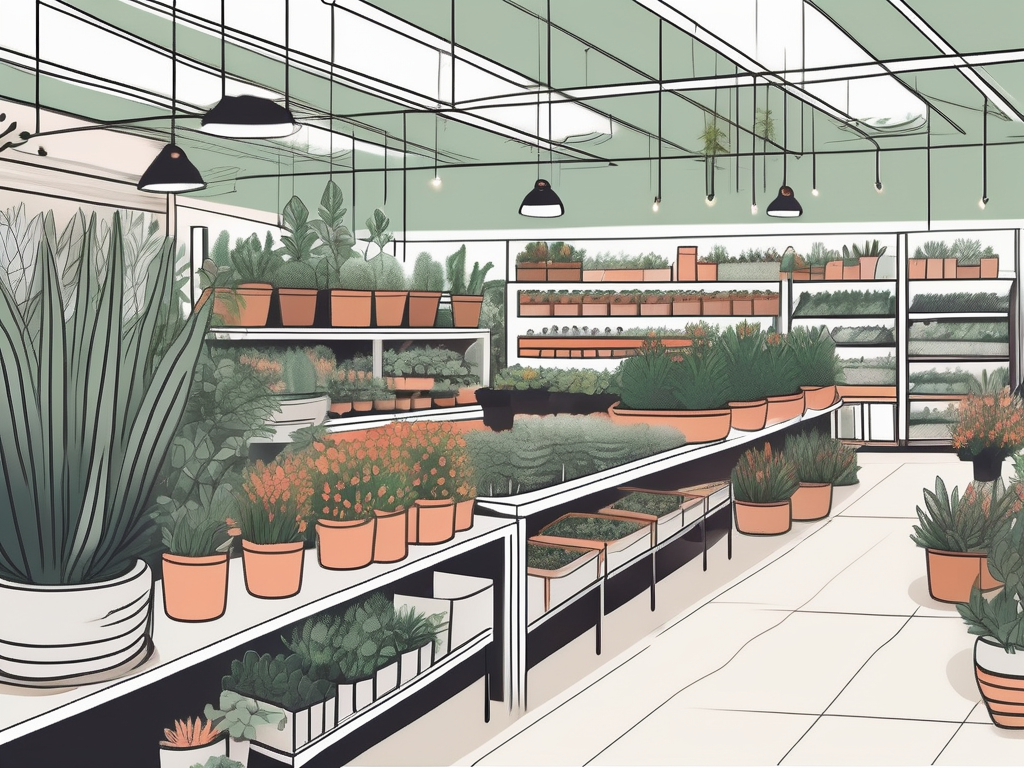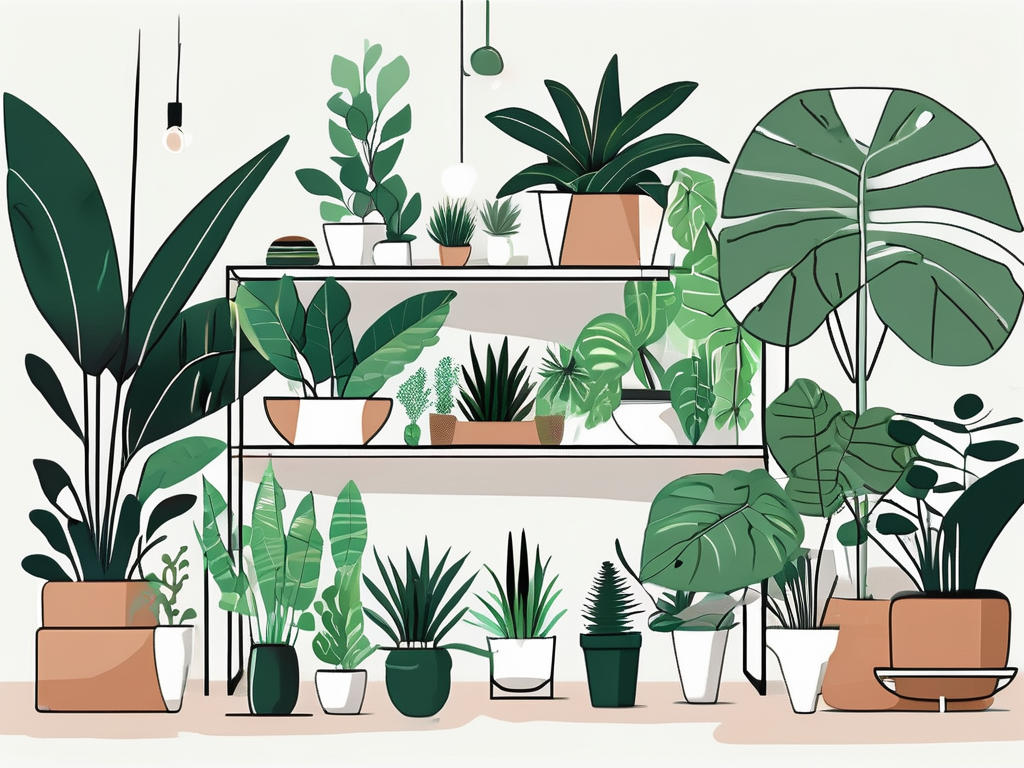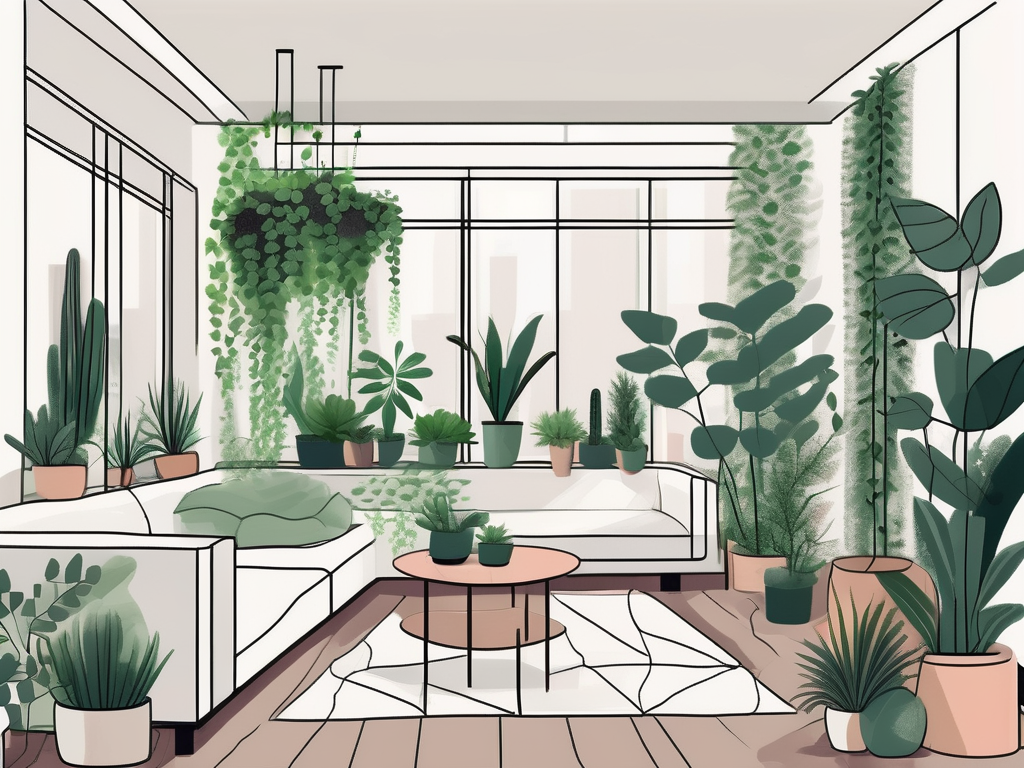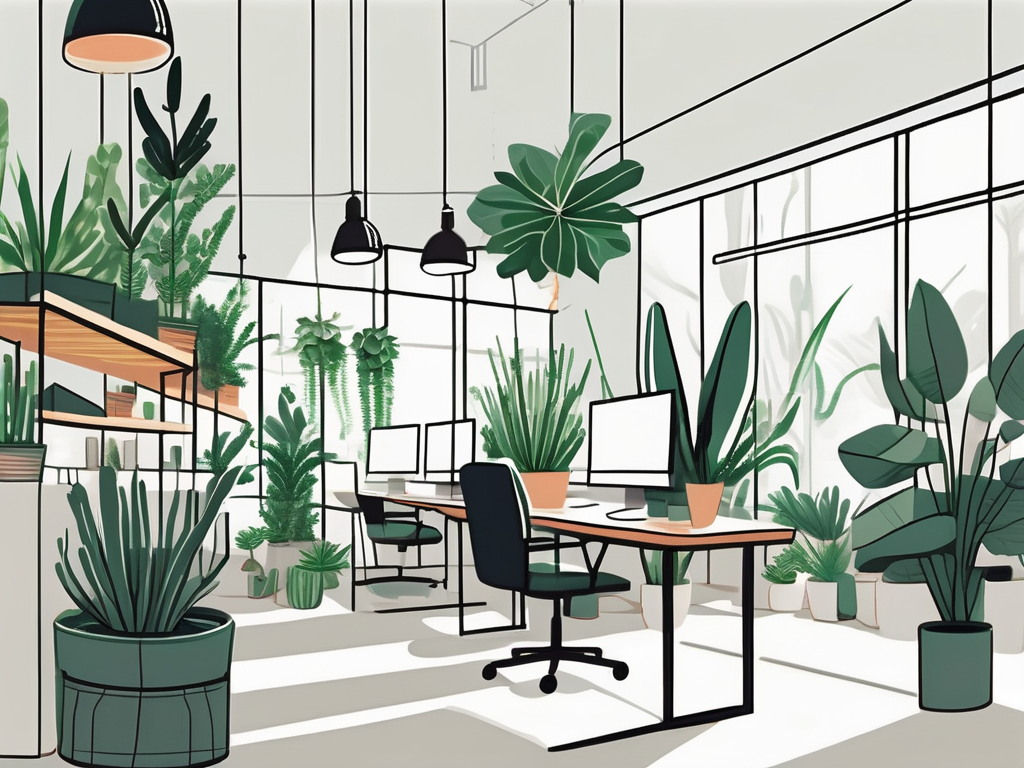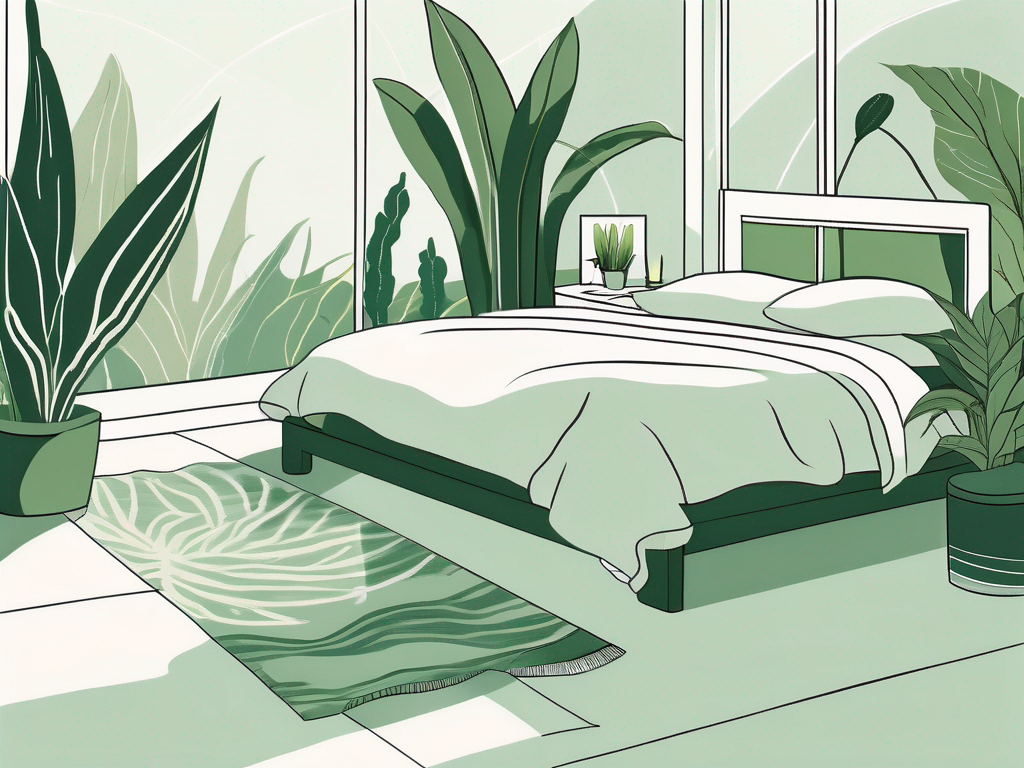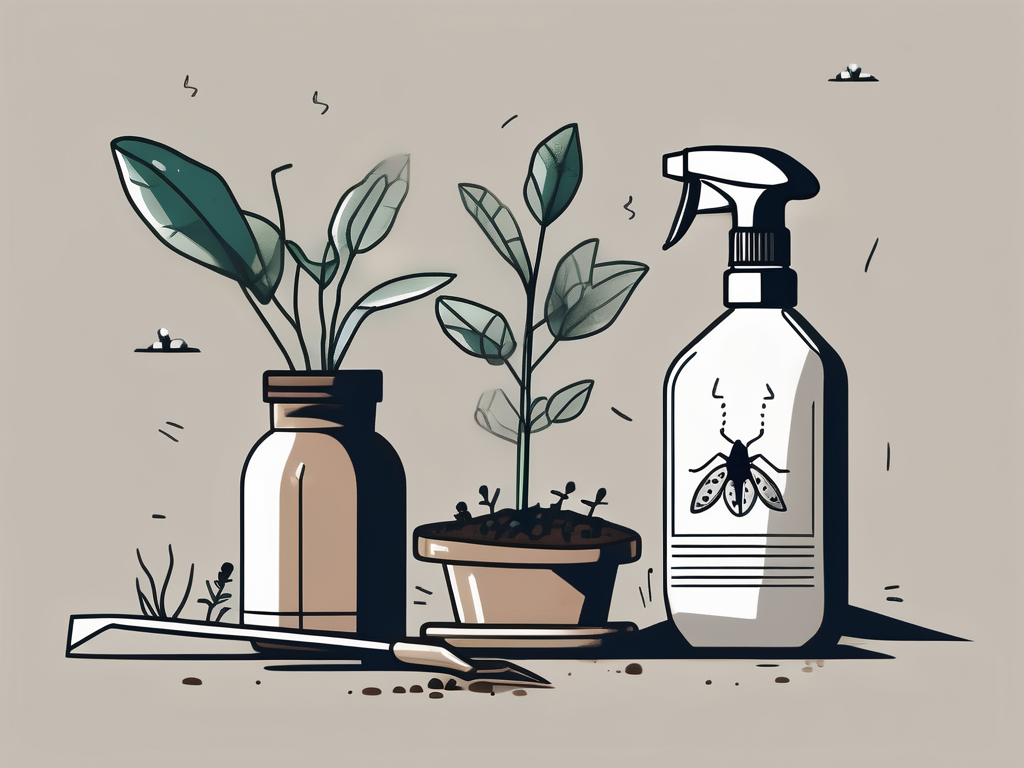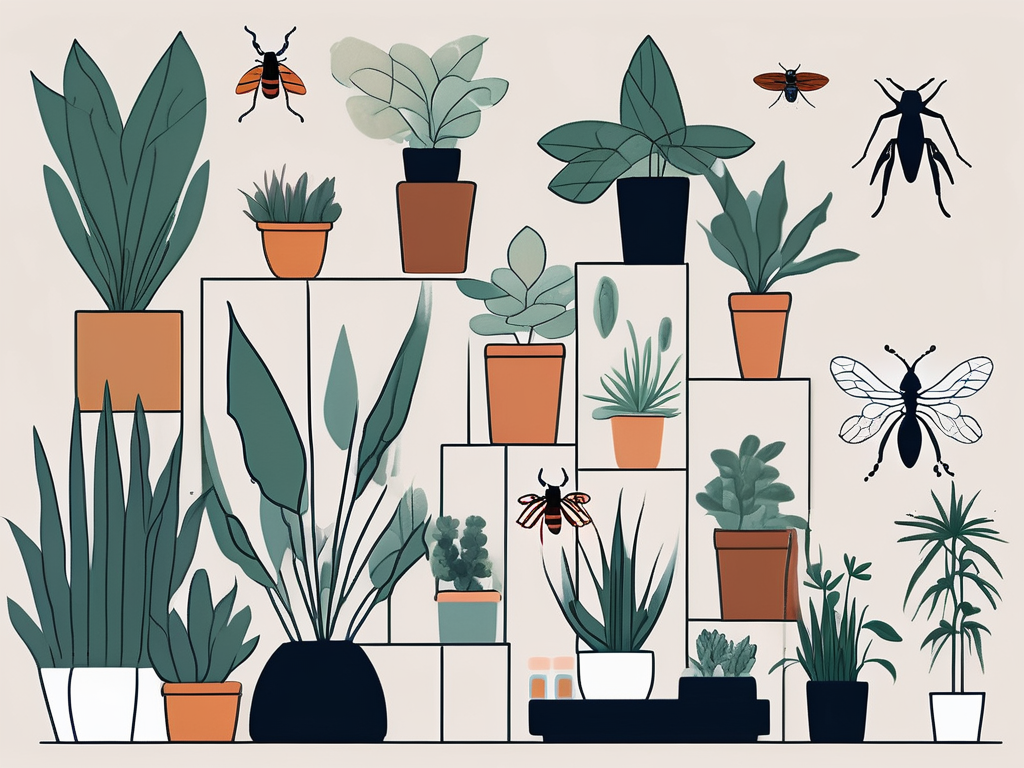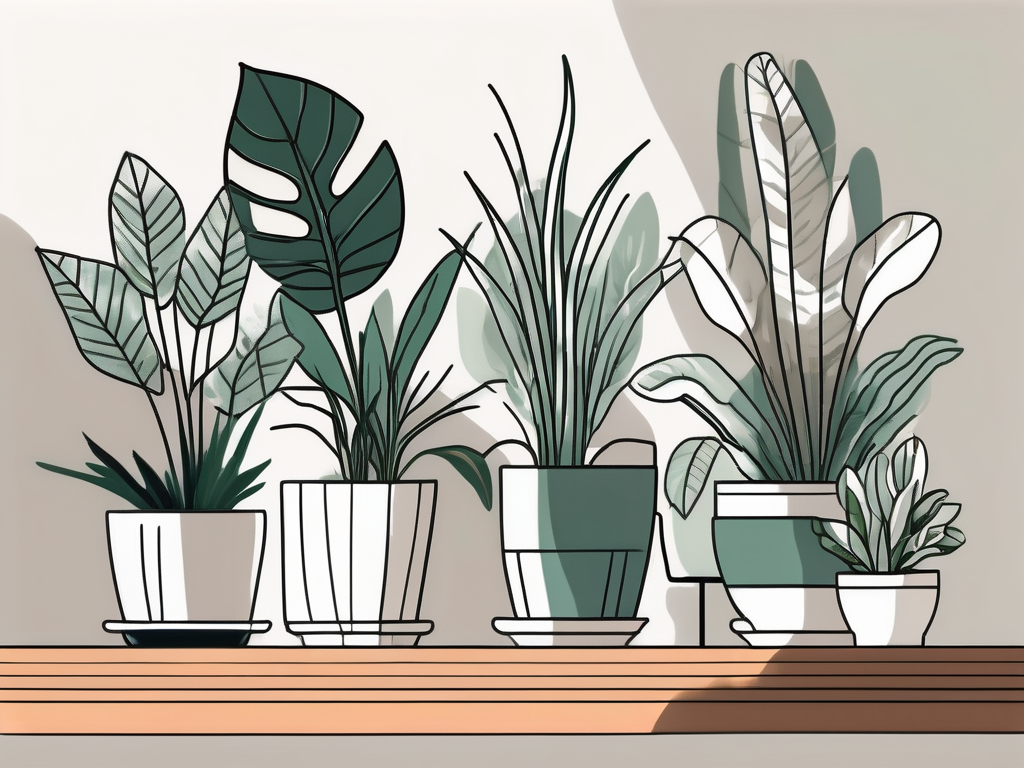
Ever feel like your home could use a little something extra to make it feel more vibrant and alive? You're not alone. Many people are discovering the joy of incorporating houseplants into their living spaces. These green companions do more than just sit there looking pretty—though they certainly excel at that. They offer a surprising array of benefits that can improve your quality of life in several unexpected ways.
In this article, we'll uncover the many reasons why houseplants are more than just decorative pieces. From boosting your mood to improving air quality and even enhancing your home’s aesthetic, there’s a lot to gain from adding a splash of greenery indoors. So, let’s explore the surprising benefits of indoor greenery and why you might want to start your own little indoor garden.
Improving Air Quality
One of the most well-known benefits of houseplants is their ability to improve indoor air quality. But how exactly do they do this? Well, plants naturally absorb carbon dioxide and release oxygen through the process of photosynthesis. This simple exchange can significantly freshen up the air in your home.
Beyond oxygen production, plants have the remarkable ability to filter out harmful toxins. Studies by NASA have shown that certain houseplants can remove volatile organic compounds (VOCs) like formaldehyde, benzene, and trichloroethylene from the air. These are common in household items like cleaners, paints, and even furniture. Some top performers in air purification include:
- Spider Plant
- Peace Lily
- Boston Fern
- Snake Plant
- Aloe Vera
While it’s important to note that a few plants won’t completely detoxify your home, they certainly contribute to a cleaner, healthier environment, especially when combined with other ventilation methods like opening windows and using air purifiers.
Boosting Mood and Productivity
Ever notice how a touch of green can brighten your mood? It seems that being around plants can make us happier and more productive. Research suggests that indoor plants can reduce stress levels and improve overall mental health. The presence of greenery provides a calming effect, which can be particularly beneficial in stressful environments like home offices or busy kitchens.
Incorporating plants into workspaces has been shown to increase productivity and creativity. A study conducted by the University of Exeter found that employees were 15% more productive when their offices contained houseplants. That’s a pretty compelling reason to add a potted friend to your desk!
For those who work from home, consider adding a few plants to your workspace to create a more pleasant and inspiring atmosphere. Choose plants that thrive indoors and require minimal maintenance, like pothos or succulents, to ensure your workspace remains a productivity booster rather than a chore.
Enhancing Aesthetic Appeal
Let's face it, houseplants can be the perfect finishing touch to your home decor. They add texture, color, and life to any room, creating a warm and inviting atmosphere. Whether you prefer the minimalist look of a single fiddle leaf fig in the corner or a lush indoor jungle, plants can transform your space in countless ways.
Choosing the right plant for your home is a bit like choosing the right art for your walls. You’ll want to consider factors like light, space, and your personal style. Here are a few tips to get you started:
- Light Levels: Match your plant's light needs with the natural light available in your home. South-facing windows provide bright, direct light, while north-facing windows offer indirect light.
- Space Considerations: Large plants like monsteras or rubber trees can fill empty corners, while smaller plants like succulents and air plants can add interest to shelves and desks.
- Style Preferences: If you love a modern aesthetic, consider sleek pots and structural plants like snake plants or ZZ plants. For a more bohemian vibe, mix and match different plants and pots for an eclectic look.
No matter your style, there's a plant out there that can complement your home and bring your design vision to life.
Promoting Better Sleep
If you’ve ever struggled to get a good night’s sleep, you might be surprised to learn that houseplants can help. Certain plants have properties that promote relaxation and improve sleep quality. The calming effect of their presence, combined with their ability to purify the air, makes them perfect bedroom companions.
Lavender, for example, is known for its soothing scent, which can reduce anxiety and promote a sense of tranquility. Jasmine is another plant with calming properties, often used in aromatherapy to aid sleep. For those who prefer an easy-care option, the snake plant releases oxygen at night, making it a smart choice for the bedroom.
Adding a plant to your bedside table or windowsill could be the simple solution you need for more restful nights. Just remember, some plants do require a little extra attention, so choose one that suits both your sleep needs and your willingness to care for it.
Reducing Noise Levels
This might come as a surprise, but houseplants can actually help reduce noise levels in your home. Plants absorb, deflect, and refract sound waves, which can make your space feel quieter and more serene. This can be particularly beneficial in urban environments or homes with open floor plans where noise tends to carry.
To maximize this benefit, consider plants with large, thick leaves, as they are generally more effective at muffling sound. Here are a few options to consider:
- Rubber Plant
- Fiddle Leaf Fig
- Bamboo Palm
- Areca Palm
Place plants strategically around your home—near windows, along walls, or in corners—to help create a quieter, more peaceful living environment.
Providing a Sense of Accomplishment
Caring for houseplants can be a fulfilling hobby that offers a sense of accomplishment. Watching a plant grow and thrive under your care can be incredibly rewarding. For many plant people, this nurturing process becomes a cherished routine, providing a break from the stresses of daily life.
Starting with easy-to-care-for plants like pothos or philodendrons can help build your confidence as a plant parent. As you gain experience, you can experiment with more challenging varieties, like orchids or bonsai trees. The key is to start small and gradually expand your collection as you feel more comfortable.
Remember, it's okay to make mistakes along the way. Learning what each plant needs and how to meet those needs is part of the journey. And with each new leaf or bloom, you'll feel a sense of pride in your growing skills.
Encouraging Mindfulness and Patience
In our fast-paced society, taking the time to care for houseplants can encourage mindfulness and patience. The act of tending to plants—watering, pruning, and observing—offers a moment of calm and focus in an otherwise hectic day.
Mindful gardening allows you to slow down and be present, fostering a deeper connection with nature. This practice can be meditative, helping to reduce stress and promote mental well-being. Plus, as plants grow at their own pace, they teach us patience and the value of delayed gratification.
So next time you're watering your plants or wiping down their leaves, take a moment to appreciate the process. It's a gentle reminder to slow down and savor the simple joys in life.
Connecting with Nature
For those of us who spend most of our time indoors, houseplants offer a way to reconnect with nature. They bring a little piece of the outdoors inside, which can be particularly comforting in urban settings where green spaces are limited.
Surrounding yourself with plants can also inspire a greater appreciation for nature and the environment. This connection often encourages more sustainable living practices, such as reducing waste and conserving resources.
Whether you live in a bustling city or a suburban neighborhood, houseplants can serve as a reminder of the beauty and tranquility found in nature, helping you feel more grounded and connected to the world around you.
Final Thoughts
Houseplants offer a multitude of benefits that go beyond mere decoration. They improve air quality, boost mood and productivity, enhance your home’s aesthetic, promote better sleep, and so much more. By inviting these green friends into your home, you’re not just adding beauty—you’re enhancing your well-being.
At Cafe Planta, we're passionate about helping you bring the joy of plants into your life. From selecting the perfect plant to providing the right care tips, we’re here to support you every step of the way. If you have questions or need advice, please don't hesitate to email us or reach out on Instagram. Let's grow together and create beautiful, thriving spaces filled with the magic of nature.

